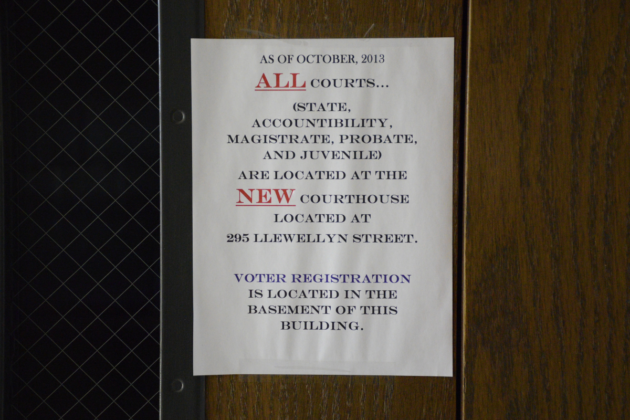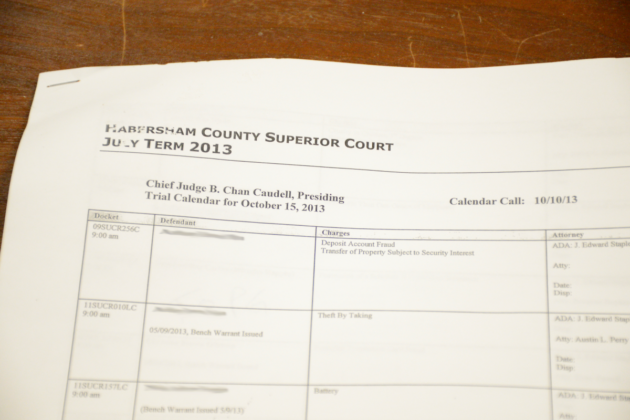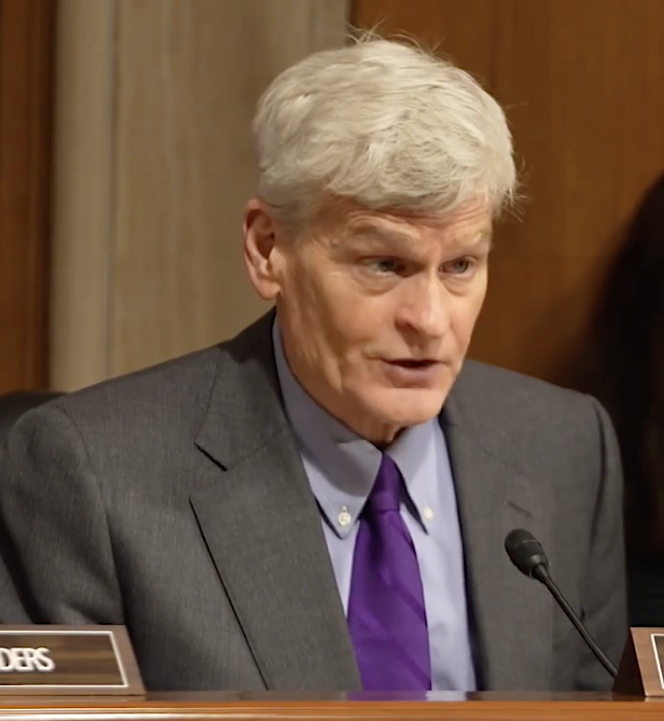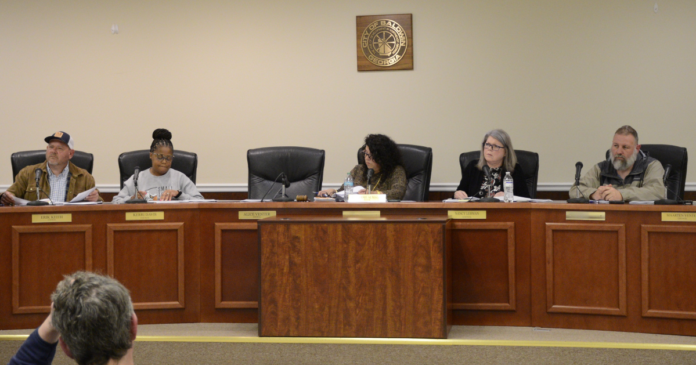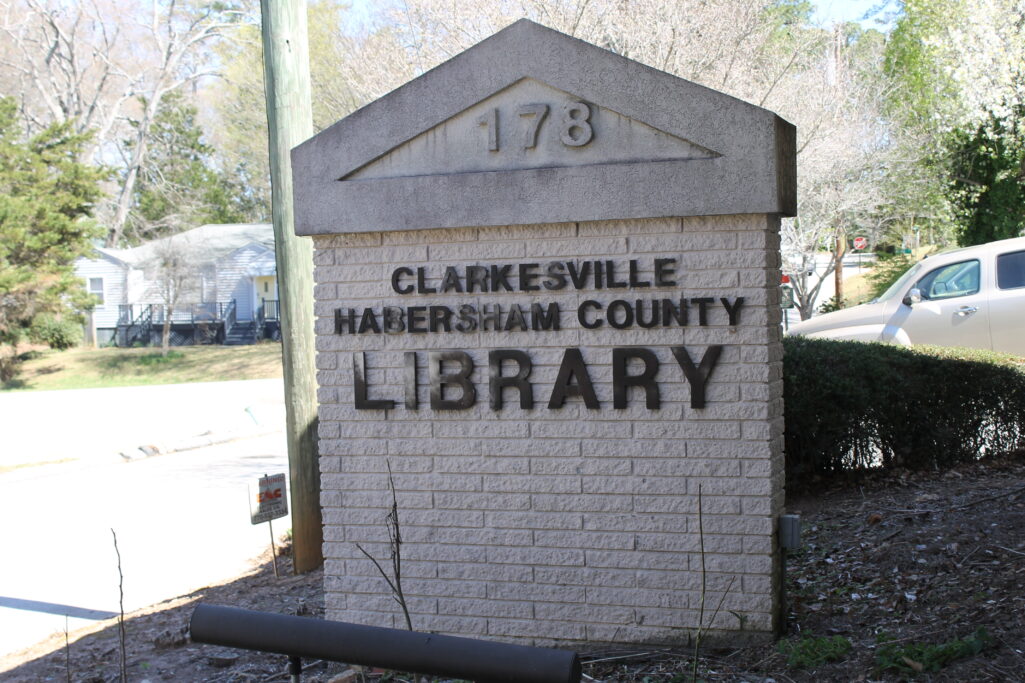There is a particularly strange kind of dissonance one experiences while watching Disney’s new Snow White (2025). One moment, you’re marveling at a beautifully rendered twilight dance in a forest clearing, and the next, you’re wondering why the prince—the romantic lead, mind you—is dressed like he’s on his way to a Decemberists concert in 2008. It’s jarring, often confusing, and, in the end, narratively incoherent.
And yet, Snow White is not the worst Disney live-action remake. That dubious honor still belongs to Tim Burton’s bleak and joyless Dumbo, which managed to transform one of Disney’s simplest and most emotionally resonant classics into an elephantine slog with the color palette of a Victorian funeral. Snow White, for all its baffling choices, at least tries to be fun. Occasionally, it even succeeds. But make no mistake: this is a film whose heart may be in the right place, but its script, structure, and sense of self have wandered far, far from the path.
Let’s start with the fundamentals.
A storybook structure, torn at the seams
Snow White (2025) reimagines the classic tale with a new sense of empowerment—or, more accurately, a confused gesture in the direction of empowerment.
In the original film, Snow White enters the dwarves’ cottage, recognizes that someone lives there, and chooses to nurture the home and its inhabitants even as she heals. In this new version, she enters, falls asleep, and awakens with managerial energy, barking out orders and insisting on household chore coordination as if she were the regional director of a medieval Dollar General.
The dwarves appear to have emerged from the uncanny valley of CGI purgatory and are oddly undercut throughout the film. Gone is their familial warmth, replaced by strained comic banter and a confusing subplot in which they bully Dopey for no discernible reason rather than lovingly teasing him as in the original film. Dopey, as it turns out, becomes the emotional heart of the film, evolving from a silent family screw-up to a brave whistling wonder, and that transformation is the best character arc in the entire movie.
Meanwhile, the kingdom is suffering, the people are starving, and yet the dwarves hoard mountains of glittering treasure like morally ambiguous dragons. It’s never addressed. We’re left to assume that, despite this being a film with a strong social justice subtext, the wealth redistribution memo never made it to the forest.
Our princess
Rachel Zegler, in the titular role, is an aesthetic triumph. She has the perfect princess face, an expertly executed dress swirl, and the voice of a storybook heroine. Her solo, “Waiting on a Wish,” is the film’s musical peak, and she twirls with the kind of grace that would make even Julie Andrews pause. Her performance is strong—strong enough, in fact, to survive the off-screen drama that plagued her leading up to the movie’s release. On-screen, she is truly dreamy. Off-screen, she’s…less so. But we’re reviewing the movie, not the meme.
The real trouble lies in how her character is written. Snow White never really evolves. She begins bossy, stays bossy, and ends up inexplicably victorious despite her role as a passive observer in the very moments when she needs more than a song in her heart. She scolds, delegates, and manages her way through a revolution. The script insists she is the architect of change, but time and again, she is the one being acted upon—rescued, protected, remembered fondly—not the one making intelligent, coherent decisions. She’s a leader by sentiment, not strategy.
And then there’s her gypsy love interest.
Jonathan, perhaps the strangest romantic lead in any Disney remake to date, first appears while stealing potatoes from the castle. Snow White, demoted from princess to housemaid after the death of her parents and assumption of her evil stepmother, catches him and scolds him sternly, which is rich, considering she spends several scenes lamenting the suffering of the starving villagers. The irony is thick.
After he’s caught and captured for his theft, Snow White frees him—an act of heroism that, in any other film, would mark the beginning of a bond built on mutual trust. Instead, when they meet again in the woods, Jonathan is weirdly antagonistic. Having been saved by her, he provokes her with snide remarks, delivering a kind of performative cynicism that reminds me of an 8th-grade atheist who has just watched The God Delusion by Richard Dawkins. Still, when the Queen’s guards arrive to recapture Snow White, Jonathan and his ragtag band of unarmed, untrained misfits throw themselves between her and the danger.
It’s a bold gesture—dramatic, selfless, and clearly meant to stir something in the viewer. And yet, it lands awkwardly, like a romantic subplot that missed rehearsal. Snow White escapes, then inexplicably decides to return and fight. Jonathan, already fully redeemed in the eyes of the audience, takes an arrow for her. It’s a moment clearly designed to make us swoon, but it feels unearned—less like the climax of a slow-burn romance and more like a shortcut pasted in from another movie entirely.
Jonathan vacillates wildly throughout the movie—from a Robin Hood-esque figure with a heart for justice, to a man seemingly black-pilled on the idea of fairness, only to be reminded of truth and virtue, persuaded by the delicate curve of the princess’s cheek and the sincerity of her doe eyes. He’s less a fully realized character and more a moodboard of morally ambiguous Tumblr posts from 2011. When Snow White confronts her stepmother in the film’s climax, Jonathan is nowhere to be seen. He simply isn’t there. He’s neither captured nor injured nor acknowledged. His absence is neither strategic nor symbolic—it’s just a baffling gap. Still, he sings well.
The Queen of Camp
Enter Gal Gadot.
The marketing team would have you believe that Gal Gadot anchors this film. In truth, she is its weakest point. Her performance as the Queen is a baffling blend of soap opera vamp and suburban theatre teacher, all twirls, scowls, and half-baked malevolence.
Her song, “All is Fair,” is possibly the worst in the villain Disney canon. It’s musically incoherent, lyrically uninspired, and delivered with the vocal stylings of someone trying to imitate Idina Menzel while gargling lukewarm espresso. Meanwhile, her dancing calls to mind a middle school band director putting on a Halloween pageant—dramatic, overly enthusiastic, and entirely off-rhythmical.
But let’s give credit where it’s due. Gadot commits. She delivers every campy line like she’s auditioning for Buffy the Vampire Slayer, circa 1999, and executes a mean cape flip. It’s not good, but it’s memorable—and not entirely her fault.
The Plot. It’s gonna be a no from me, dog.
And then there’s the ending.
At some point, Snow White decides to remind us this is still a fairy tale and not a YA Novel adaptation. The Queen drinks a potion and transforms into a hag—in an underwhelming scene that, in the original film, was genuinely spooky and haunting. Here, it’s more like watching someone put on a Halloween mask in poor lighting. She sets off to destroy Snow White, who ultimately falls not in a grand battle or noble sacrifice but because of her gentle nature and persistent willingness to believe the best in people.
This would be fine if the movie didn’t market this movie as the girl-boss adaption of the original, insisting that Snow White is the architect of her own future. She isn’t. She’s a passenger. A lovely, well-dressed, melodic passenger. Again, the incoherence of this character.
The climax, such as it is, unfolds with the strategic foresight of a toddler planning an assault on the system (mom) armed with a milk bottle. Snow White rolls into the capital city with no army, no weapons, no visible allies—just good posture and a cool-ass cape. The villagers, who seem to be milling about the central square with no sense of the kingdom’s brewing civil unrest, immediately stop what they’re doing to join her in song. And that’s apparently all it takes to launch a revolution. Together, they march to the castle, where they are met not by a legion of guards or a terrifying show of force but by the Queen herself and a weirdly small band of warriors. This is a woman who has ruled through fear and is supposedly a military force, yet she shows up looking like she’s about to conduct a wine-tasting in an evil cape.
She offers Snow White the chance to kill her—an uncharacteristically casual offer—and when Snow White declines, the Queen orders her death instead. This, apparently, was always Plan B. But what was Plan A? Snow White appears to have arrived at the gates with no strategy beyond the vague hope that people will just be nice to her. When the guards prepare to obey the Queen, she launches into a soft monologue about how she remembers their names and their old jobs and how once, long ago, they were kind. This appeal to memory jolts the guards into reconsidering their life choices, and they put down their weapons.
One guardsman refuses to stab her. In a predictable fit of villainy, the Queen takes the magical knife she previously conjured out of the ether and prepares to do the deed herself—only to have an archer dramatically shoot the knife from her hand. She then flees, even though we have seen her conjure knives and shapeshift and presumably command dark forces, but now, she opts to just…run. Why she cannot summon another weapon or cast a spell is never addressed. The scene fizzles where it should have snapped.
And then the mirror—a source of the Queen’s power—is smashed. Why? We don’t know. There’s no moment of discovery, no realization that this object is key. It just…happens. It’s a magical deus ex machina. The film offers no clarity. Instead, it pivots to a fast-forwarded epilogue resembling a Joanna Gaines-themed wedding crossed with a Bridgerton Pinterest board. Everyone is happy. The dwarves are no longer rich and hoarding, we guess. The village is prosperous. The prince and Snow White kiss under pretty lights.
And we, the viewers, are left blinking at the screen, wondering whether we missed something or if the writers lost interest.
The Verdict
Snow White (2025) is not the worst live-action Disney remake. It has heart, and in flashes, it shows genuine promise. Zegler is luminous. The songs—some of them—are catchy. The dwarves are pretty charming, and Dopey’s arc is sincerely touching.
But as a whole, the movie feels like it was built from a dozen different drafts, none of which communicated with each other. It wants to be whimsical, feminist, satirical, romantic, gritty, and empowering—all at once—and ends up being none of those things in a satisfying way. It’s as though the studio tried to reimagine the tale for everyone and forgot to make it coherent for anyone.
There is joy in this film. But it’s buried beneath a pile of uneven writing, mismatched design, and confused messaging. If Dumbo was a soulless dirge, Snow White is a dazzlingly confused parade—loud, colorful, intermittently lovely, and ultimately directionless.
Carly McCurry is the publisher of The Cute North Georgian magazine. Her work appears on NowHabersham.com in partnership with Now Network News.




